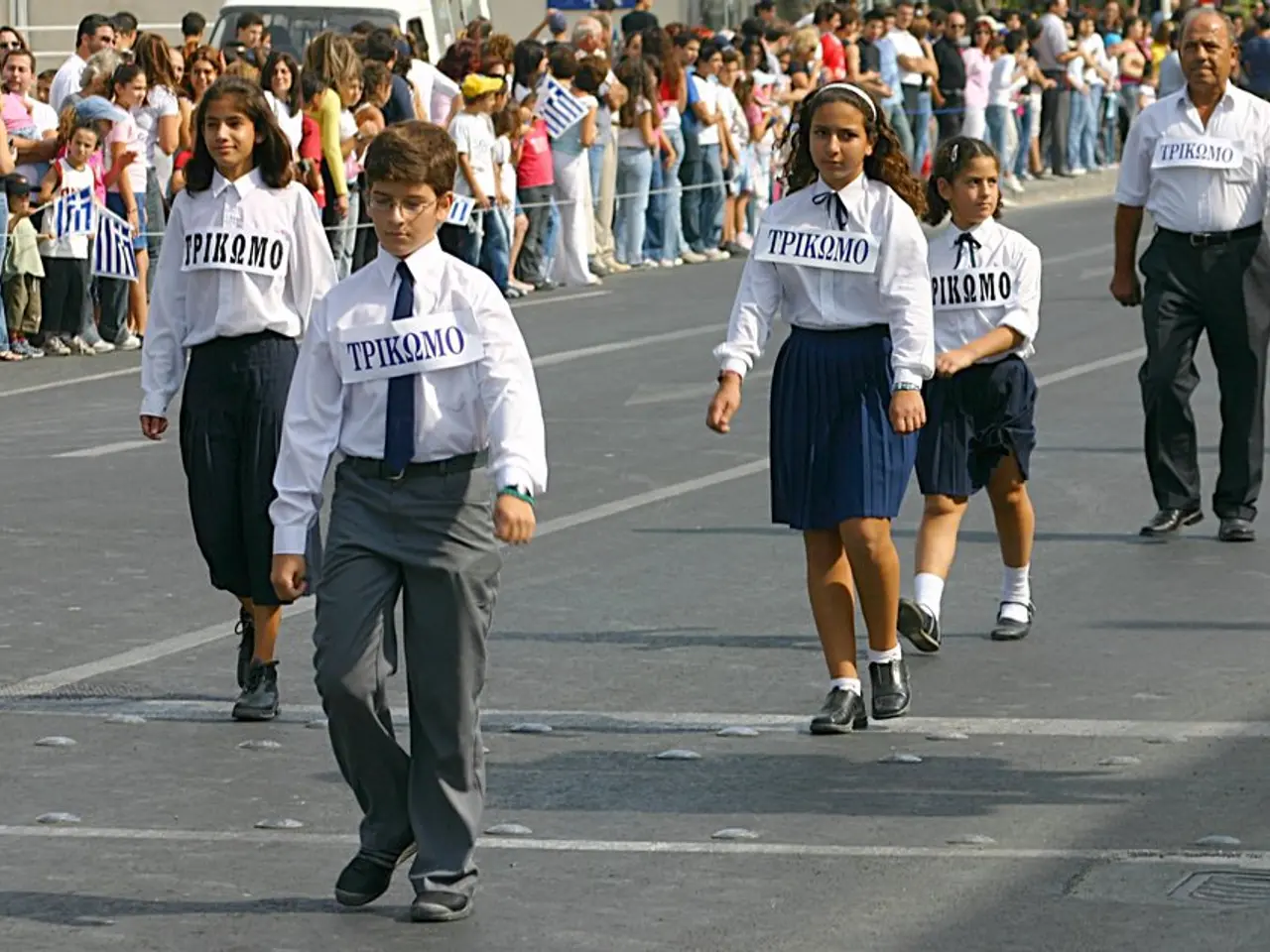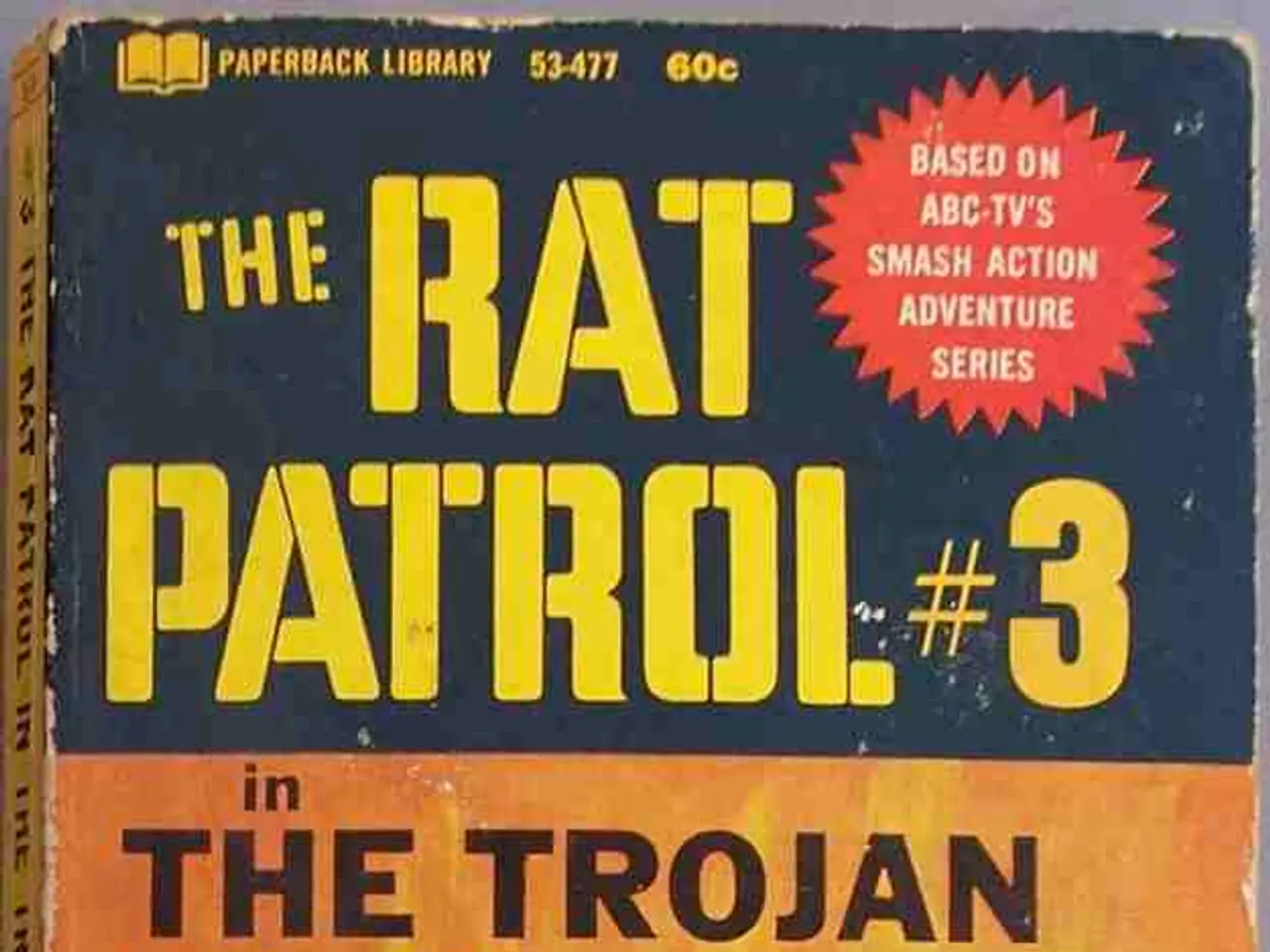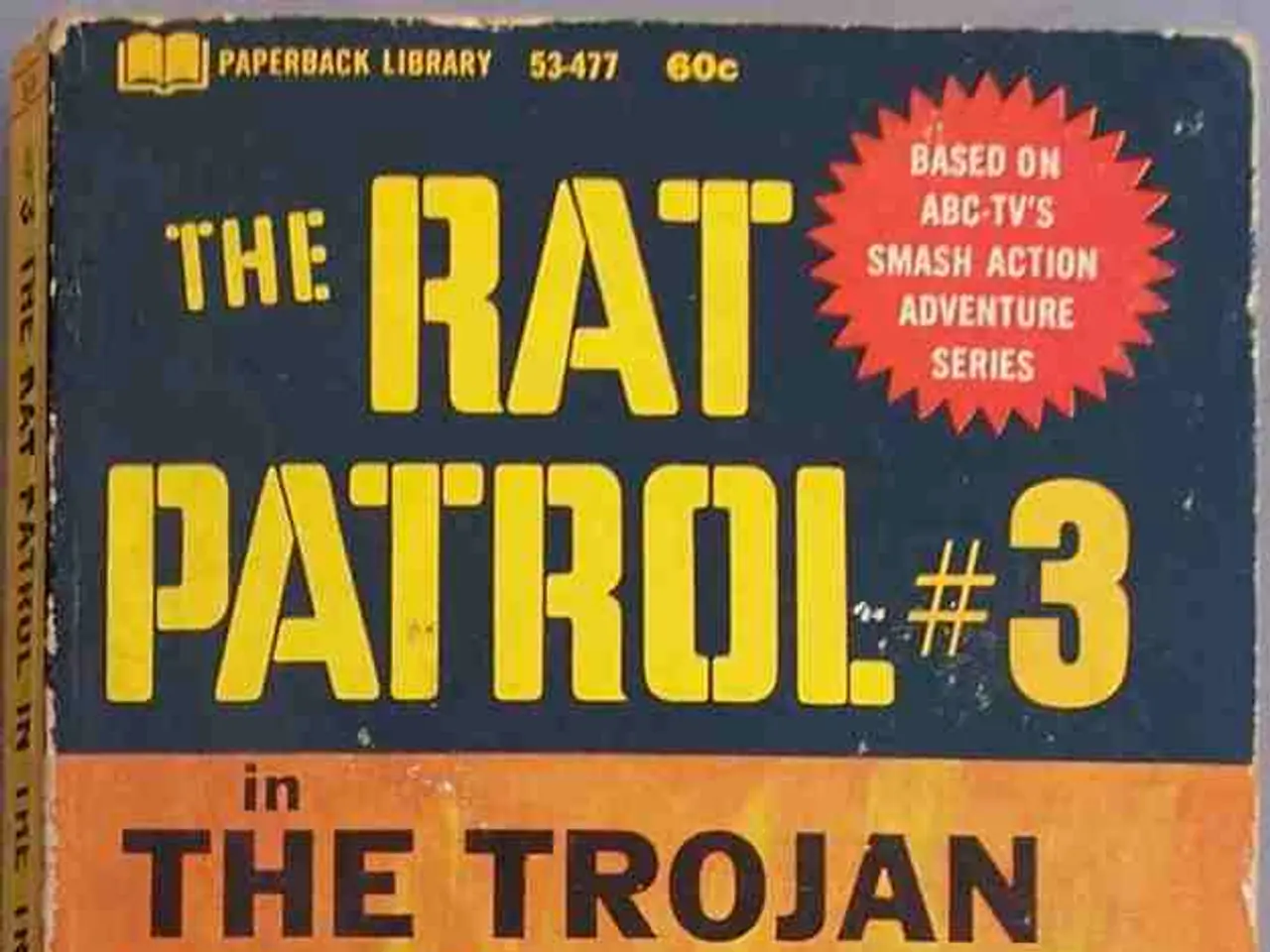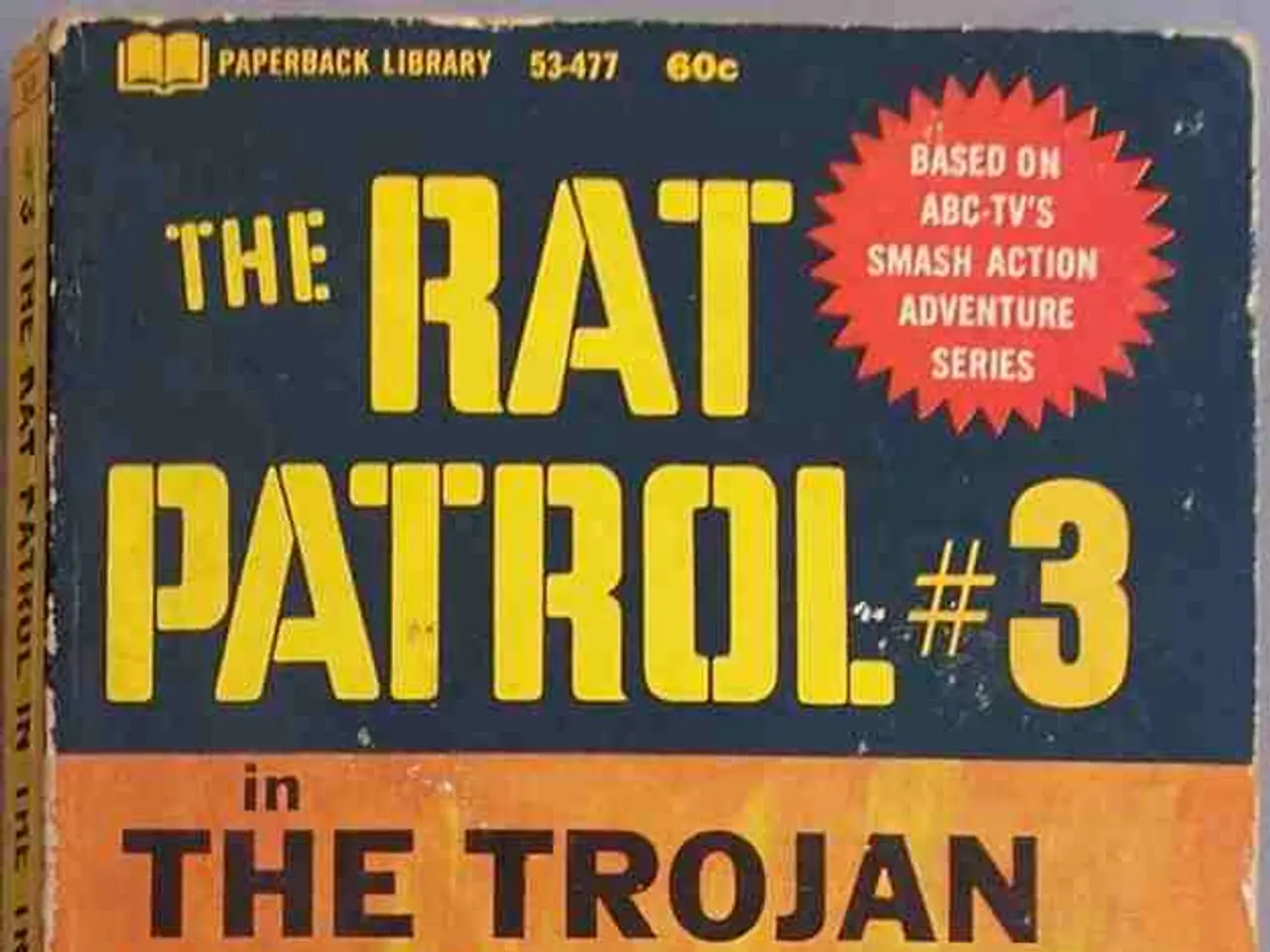Resisting Olympic Nationalism
In July 1925, Frankfurt am Main played host to a historic event in the world of sports - the First Workers' Olympics. This significant competition was not just another sports event, but a powerful demonstration of workers' solidarity, internationalism, and the ideals of social justice.
The Workers' Olympics was a response to the mainstream Olympic Games, which were perceived as dominated by bourgeois and nationalist interests. The labor movement saw this event as an opportunity to democratize sport participation and emphasize physical culture linked to working-class values and socialist ideals.
The 1925 Workers' Olympics in Frankfurt was more than just a sports competition. It was accompanied by gymnastic exercises, chess games, and theatrical performances, reflecting the broader cultural aspirations of the labor movement. The event attracted more than 3000 athletes from twelve countries, making it a truly international affair.
The Workers' Olympics was a product of its time, born from the repeal of the Socialist Law in 1890, which allowed workers to found clubs and associations, including sports clubs. However, it faced numerous challenges, including debates about who could participate due to the split in the workers' movement. The communists even founded their own sports association and planned a Spartakiade in Berlin as a rival to the Workers' Olympics, but it was banned by the social democratic police president of Berlin.
The event was also marked by repression. After the takeover by the Nazis in 1933, associations of workers' athletes were disbanded, and their property was confiscated. August Postler, a worker footballer, was arrested by the Gestapo in 1933 for distributing the newspaper "Roter Nordsport" and died in custody in March 1934, presumably due to the consequences of mistreatment.
Despite these challenges, the Workers' Olympics continued to grow. In 1930, the umbrella organization, the Workers' Turn and Sports Association (ATSB), had around 1.2 million members. The event in Frankfurt was considered "more powerful than anything the working class has achieved so far" by Friedrich Adler, General Secretary of the Socialist International.
Today, the Workers' Olympics is commemorated as a pioneering instance in the establishment of international workers’ sport competitions. It contributed to the development of a parallel sports culture emphasizing inclusivity and anti-fascist internationalism. While the specifics of the 1925 event may not be as well-documented as other sports events, its broader historical role in the 1920s is clear.
The Workers' Olympics was a testament to the power of sport as a means of cultural and political expression for the labor movement. It was a beacon of solidarity and social justice in a time of political and social upheaval, and its legacy continues to inspire today.
Politics surrounding the 1925 Workers' Olympics extended beyond the sports field, with debates about participation and even the formation of competing sports associations. The event, despite facing repression, served as a general-news topic, symbolizing the labor movement's efforts to democratize sport and promote a culturally-diverse, anti-fascist, and socially-just ethos.







